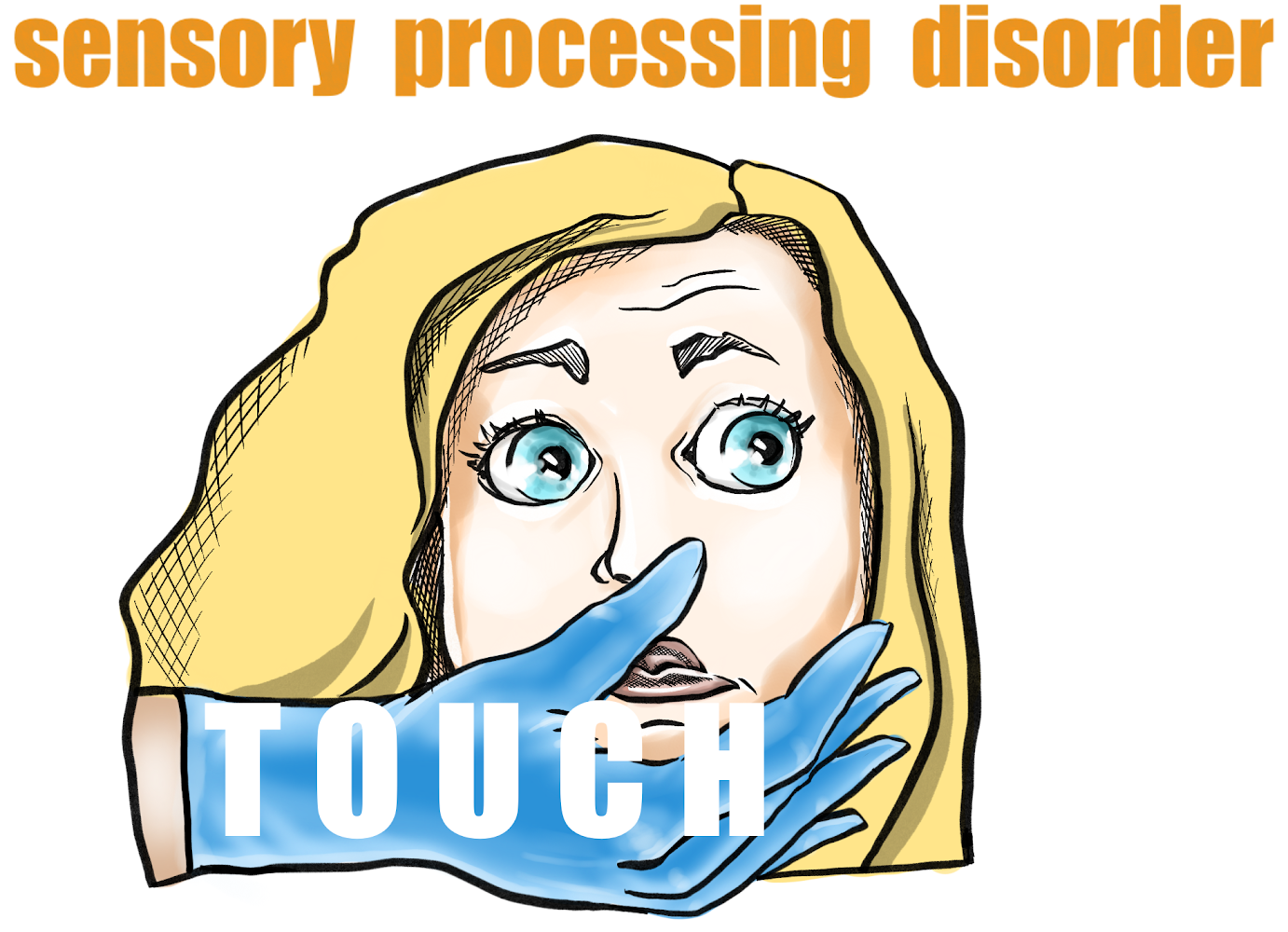As parents of children with Prader-Willi Syndrome (PWS), we know that behavioral challenges are part of daily life. We’re often told to expect anxiety, meltdowns, stubbornness, sleep issues, and emotional outbursts. But what if some of these behaviors aren’t purely neurological — but nutritional in origin?
That’s exactly what we discovered with our 17-year-old son, Stony.
A Surprising Pattern: From Strawberries to Storms
For a long time, we were baffled by Stony’s sudden emotional shifts. Some days, he would be calm and cooperative. Other days, he became defiant, agitated, anxious, and couldn’t sleep. He would talk non-stop — to the point of overwhelming everyone around him. It felt unpredictable and exhausting.
After months of tracking his behavior and meals, we made a surprising connection: strawberries. Every time Stony had strawberries, a behavioral storm would follow within hours. The symptoms included:
• Stubbornness and defiance
• Intense anxiety and mood swings
• Restlessness and insomnia
• Non-stop, immersive talking
• Abdominal pain and cramping
• Irritability and confusion
This wasn’t a coincidence — it was a reaction. And not an allergy, either. What we were witnessing was a histamine intolerance reaction.
What is Histamine Intolerance?
Histamine is a natural chemical found in certain foods and released by the immune system. It plays a role in digestion, the nervous system, and the immune response. However, when the body can’t break it down properly — usually due to low levels of the enzyme DAO (diamine oxidase) — histamine builds up and causes a wide range of symptoms.
In children with PWS, who often have sensitive systems to begin with, histamine intolerance can act like fuel on an already overactive behavioral fire.
It’s Not Just Strawberries
While strawberries were the obvious trigger for Stony, we discovered other common culprits in his diet that made things worse:
• Aged cheeses (like blue cheese and parmesan)
• Cured meats (salami, bacon, ham)
• Fermented foods (yogurt, sauerkraut, vinegar)
• Overripe fruits (especially bananas)
• Tomatoes, avocados, and eggplants
• Canned or smoked fish
• Leftovers that sat too long in the fridge
These foods are either high in histamine or trigger the body to release it, and can lead to a range of physical and emotional symptoms — from stomach pain and itching to anxiety, aggression, and even obsessive behavior.
Why It’s So Easy to Miss
One of the hardest parts about figuring this out was that the symptoms look just like typical PWS behavior. It’s so easy to assume that meltdowns, anxiety, or sleep disturbances are “just part of the syndrome.”
But once we started tracking meals and symptoms carefully, the pattern became undeniable.
What Helped Us (And Might Help You Too)
1 Start a food and behavior journal.
Record everything your child eats and how their behavior, sleep, and digestion change over the next 24–48 hours. Even small patterns can tell big stories.
2 Get a food intolerance test.
We used an at-home test ordered through an independent lab. It gave us insight into not only histamine but other hidden sensitivities.
3 Learn about high-histamine foods.
Educate yourself on foods that contain or release histamine, and try eliminating them one at a time to see what helps.
4 Be patient — but stay consistent.
It took us weeks to connect the dots, but once we did, the results were amazing. Stony’s behavior improved, his sleep became more regular, and our whole family felt the difference.
5 Consider DAO enzyme supplements.
DAO (diamine oxidase) is the primary enzyme responsible for breaking down histamine in the digestive tract. Supplementing with DAO can help reduce histamine levels and alleviate symptoms of histamine intolerance.
The Results: A More Peaceful Life
Since adjusting Stony’s diet, we’ve seen a transformation. His anxiety has dropped dramatically. He’s more cooperative, more emotionally balanced, and actually sleeps. The constant talking and agitation after meals? Nearly gone.
The change in our household energy is indescribable. And all from something as simple — and powerful — as food.
Final Thoughts
If you’re a parent of a child with PWS and struggling with behaviors that feel extreme, unpredictable, or just “off,” don’t overlook the possibility of food intolerance — especially histamine sensitivity.
It might not be the whole puzzle, but it could be a missing piece that helps you (and your child) find a little more calm, clarity, and control.






